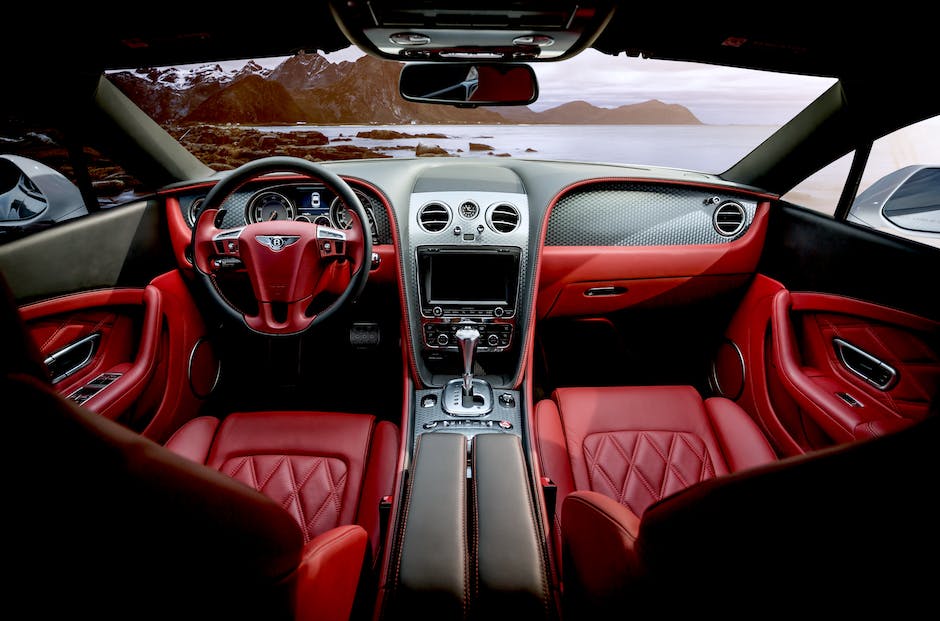Are you tired of spending a fortune on fuel? Looking for ways to make your vehicle more fuel efficient? Look no further! In this article, we’ll reveal the ultimate tips and tricks for boosting fuel efficiency in your vehicle. From simple maintenance tasks to smart driving techniques, we’ll cover it all. Let’s find out in detail in the article below. Let’s find out exactly how you can save money on fuel and reduce your carbon footprint. I’ll tell you exactly what you need to do to make your vehicle a fuel-sipping marvel!
Ultimate Tips for Boosting Fuel Efficiency in Your Vehicle
Regular Maintenance and Checks
One of the first steps to improving fuel efficiency in your vehicle is to ensure that it is regularly maintained and checked for any issues. Here are some key maintenance tasks that can help:
1. Keep Your Engine Properly Tuned
A properly tuned engine can significantly improve fuel efficiency. Make sure to schedule regular tune-ups and keep an eye on any warning lights on your dashboard. Tune-ups involve checking and adjusting components such as spark plugs, ignition timing, and fuel systems.
2. Change Air Filters Regularly
Dirty or clogged air filters can restrict airflow to the engine, reducing fuel efficiency. Regularly inspect and change your vehicle’s air filters according to the manufacturer’s recommendations. This simple step can go a long way in boosting fuel economy.
3. Maintain Proper Tire Pressure
Underinflated tires can increase fuel consumption by up to 3%. Check your tire pressure regularly and inflate them to the recommended levels. Properly inflated tires improve fuel economy and ensure better handling and safety.
Smart Driving Techniques
How you drive your vehicle also plays a significant role in fuel efficiency. By adopting some smart driving techniques, you can save fuel and reduce your carbon footprint. Here are a few tips:
1. Avoid Aggressive Driving
Rapid acceleration, speeding, and harsh braking can decrease your vehicle’s fuel economy. Drive smoothly and maintain a consistent speed to maximize fuel efficiency. Anticipate traffic flow and use gentle acceleration whenever possible.
2. Plan Your Trips and Use GPS
Avoid unnecessary detours and plan your trips efficiently. GPS devices can help you find the shortest and most fuel-efficient routes. By avoiding traffic congestion and taking the most direct path, you can save both time and fuel.
3. Reduce Vehicle Weight
Extra weight in your vehicle can decrease fuel efficiency. Remove any unnecessary items from your vehicle, such as heavy cargo or roof racks, when they are not in use. The lighter your vehicle, the less fuel it will consume.
Fuel-Efficient Driving Habits
In addition to smart driving techniques, there are specific driving habits that can further improve fuel efficiency. Consider the following:
1. Use Cruise Control
Using cruise control on highways can help maintain a constant speed, which is more fuel-efficient than constantly speeding up and slowing down. It also prevents unintentional speeding, which can waste fuel.
2. Avoid Idling
Idling for more than a minute consumes fuel unnecessarily. If you’re going to be parked or waiting for an extended period, it’s more fuel-efficient to turn off your engine and restart it when needed.
3. Combine Errands
Instead of making multiple short trips, try to combine your errands into one or two longer trips. This reduces the distance traveled and makes your overall driving more fuel-efficient.
Conclusion
By following these ultimate tips for boosting fuel efficiency in your vehicle, you can save money on fuel and reduce your carbon footprint. Regular maintenance, smart driving techniques, and fuel-efficient habits can all contribute to better fuel economy. Start implementing these tips today and enjoy the benefits of a more fuel-efficient vehicle.
Additional information
1. Combine highway trips to maximize fuel efficiency.
2. Avoid excessive use of air conditioning or use it sparingly.
3. Use the recommended grade of motor oil for your vehicle.
4. Avoid carrying unnecessary weight in your trunk.
5. Consider carpooling or using public transportation to reduce fuel consumption.
